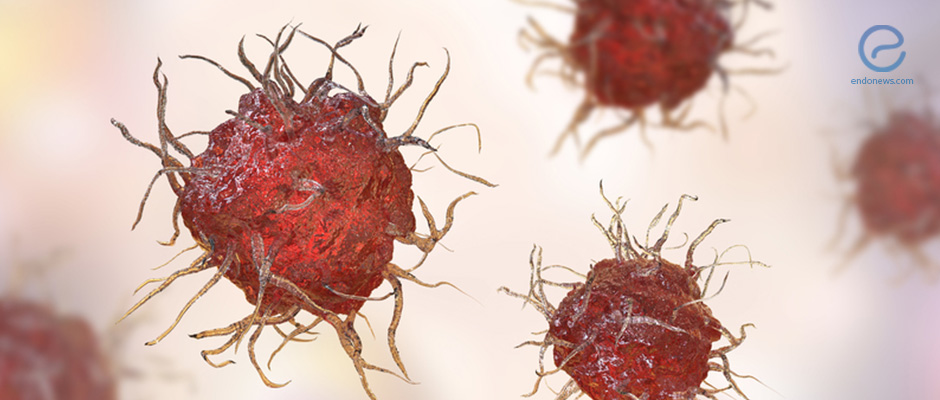A review on the role of immune cells on the pathogenesis of endometriosis
Mar 27, 2018
What do we currently understand about the role of immune cells in endometriosis?
Key Points
Highlights:
- Recent research has observed that specific immune cells have varying roles in the pathogenesis of endometriosis. While limited, current understanding of the immunologic role in the progression of endometriosis may lead to the immune-modulating therapy that will benefit women suffering from this disease.
Key Results:
- Immune cells involved in the local pro-inflammatory environment of endometriosis have been implicated in the formation and progression of endometriotic lesions.
- Immune cells such as neutrophils and macrophages have been observed to be present in peritoneal fluid and secrete biochemical factors that aid the formation of endometriosis.
- Modulating the immunologic imbalance present in endometriosis may be a future mode of treatment for women with endometriosis.
What’s done here?
- This article reviews the role of immune cells in the implicated pathogenesis of endometriosis.
Lay Summary
Immune cells play a vital role in the homeostasis against infectious pathogens but also in the pathogenesis of endometriosis. Recent research has suggested that different immune cells have unique roles in this pathogenesis. Neutrophils, which are typically the primary acute response to infection, have been seen to be present in increased numbers in the peritoneal fluid of patients with endometriosis in part due to chemotactic factors such as IL-8. It has also been suggested that neutrophils aid in the initial formation of endometriosis and its progression via the production of pro-inflammatory cytokines.
Macrophages have also been found in the peritoneal fluid of patients with endometriosis. In one study, depletion of macrophages in rats resulted in a reduction in the development and growth of endometrium implants. Macrophages, like neutrophils, have also been seen to play an essential role in the inflammatory environment implicated in the growth of endometriosis and its angiogenesis. Additionally, macrophages can infiltrate nerve fibers and aid in the development of endometriosis-associated pain. It is important to note however that a specific subgroup of macrophages named M2 macrophages, could be the primary player in this pathogenesis.
Dendritic cells, which are the key antigen presenting cells of the immune system, have also been studied about endometriosis. Studies elucidating the specific role of these cells in the pathogenesis of endometriosis is still unclear. However, particular subgroups of dendritic cells that are CD1a+ and mannose receptor BDCA1+ are currently being studied for their role in this process.
Natural killer cells are involved in tumor immunity and microbial infections. The cytotoxic function of these cells was seen to be diminished in endometriosis, thereby possibly allowing retrograde endometrial cells to survive in the peritoneal cavity. Current research aims to find if activating these cells can be used as a treatment strategy to reduce endometriotic lesion formation.
CD4+ T cells include T-helper 1 (Th1) and T-helper 2 (Th2), Th17, and T-regulatory cells. These cells secrete different cytokines implicated in distinct immune responses. In endometriosis, an imbalance between Th1 and Th2 secreted cytokines has been seen in peritoneal fluid. Th2-secreted cytokines such as IL-4 and IL-10 have been shown to contribute to disease progression. However, In the blood, the number of Th1 cells and cytokines have been preferentially observed. Another specific subgroup of T-helper cells, Th17 cells, have also been implicated in endometriosis. The frequency of these cells in peritoneal fluid is increased and corresponds to the severity of endometriosis.
Current research aims to elucidate the roles of these cells and to put this knowledge into clinical practice. Further studies are needed assess whether modulating the activity of these cells can prevent the initiation or progression of endometriosis.
Research Source: https://www.ncbi.nlm.nih.gov/pubmed/29316073
immune cells immunity endometirosis macrophage dendritic cell natural killer NK T cell regulatory helper peritoneal fluid

